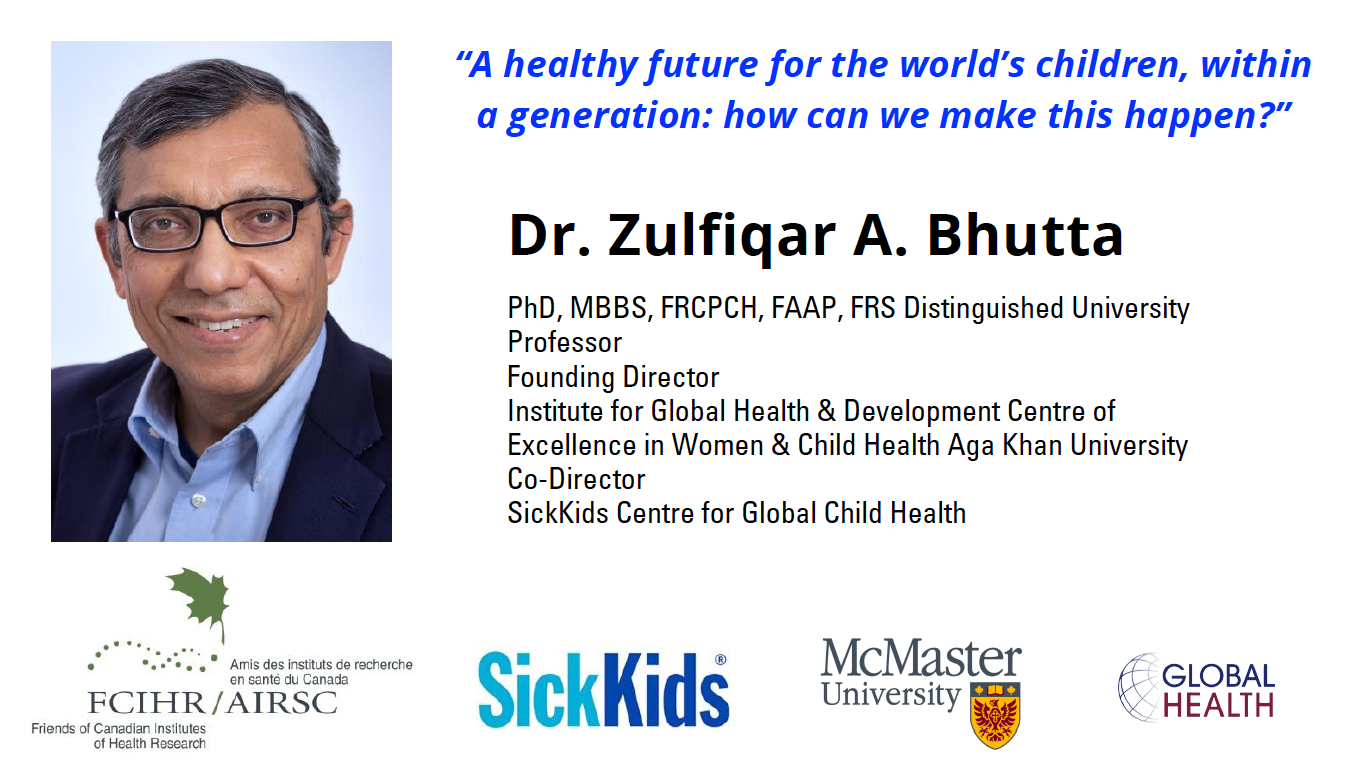Global health doctoral student conducts fieldwork in Bayelsa, Nigeria
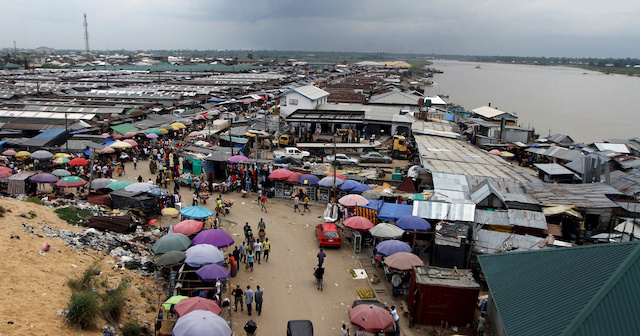
 Building on the success of the innovative, international and transdisciplinary Master of Science in Global Health program, the doctoral program in Global Health at McMaster University prioritizes experiential learning, internationalization, and innovation in higher education. With an aim to propel innovative research and solutions to emerging challenges, it focuses on the ideas, concepts, and topics that are evolving in the field of global health.
Building on the success of the innovative, international and transdisciplinary Master of Science in Global Health program, the doctoral program in Global Health at McMaster University prioritizes experiential learning, internationalization, and innovation in higher education. With an aim to propel innovative research and solutions to emerging challenges, it focuses on the ideas, concepts, and topics that are evolving in the field of global health.
McMaster Global Health PhD student, Patricia Ogba, is examining the community-level contextual factors that influence the uptake of preventive treatments with sulfadoxine-pyrimethamine for malaria control in pregnancy. She is currently conducting fieldwork in Bayelsa, Nigeria which is one of the states in southern part of Nigeria, located in the core of the Niger Delta region.
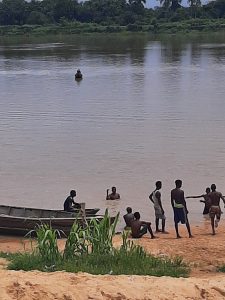 When asked about the challenges she has faced in fieldwork activities and collecting primary data, Ogba remarks that there have been several – from crossing the river by canoe each day to solving unanticipated challenges and navigating the ethical and social considerations of conducting research in a community-based setting.
When asked about the challenges she has faced in fieldwork activities and collecting primary data, Ogba remarks that there have been several – from crossing the river by canoe each day to solving unanticipated challenges and navigating the ethical and social considerations of conducting research in a community-based setting.
Learning significant lessons along the way, Ogba reflects: “I have learned to keep my mind open and to be flexible. What you plan and envisage in your study room while working on your laptop is not what you will find when you get to the field”. 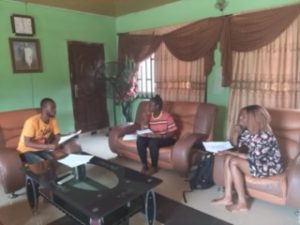
Her advice to incoming PhD students is “to plan as much as they can but not be too rigid to modify the plans whenever the need arises”.
With the goal of effectively addressing local and global challenges as well as producing socially impactful research, Olga’s fieldwork is an example of incorporating global perspectives and engaging in dialogue to facilitate collaboration across communities, borders, and disciplines.
Global Health News
Related News
News Listing

McMaster University Formalizes Partnership with University of Alabama at Birmingham
Global Health News
March 28, 2024
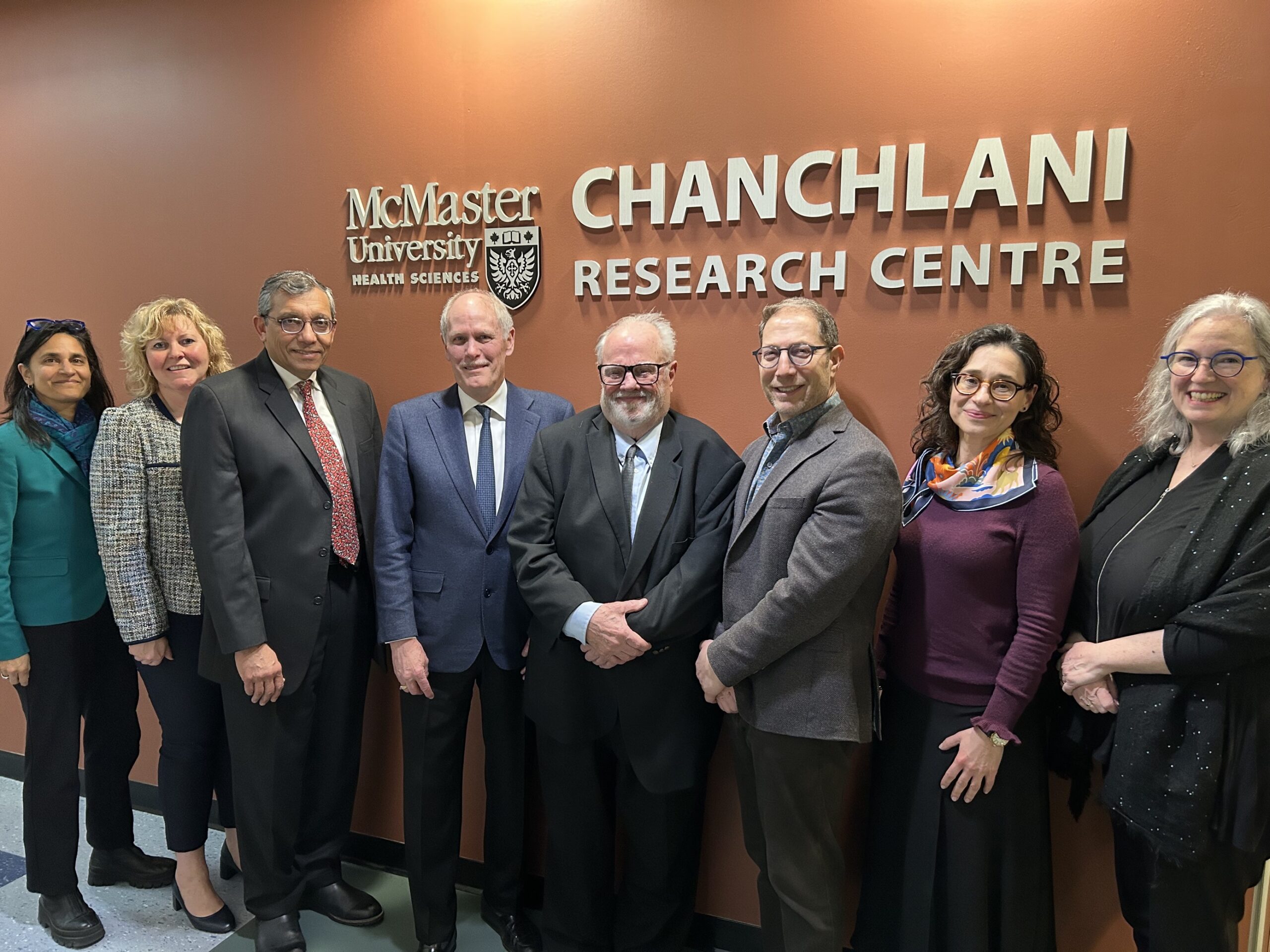
March 4, 2024

